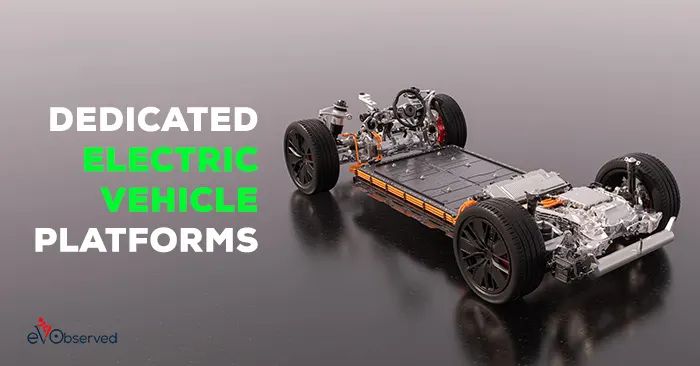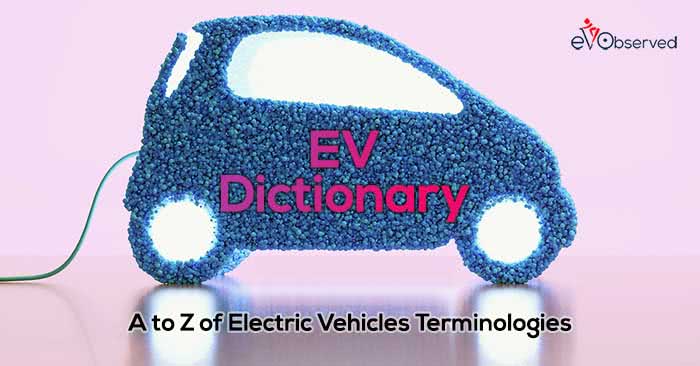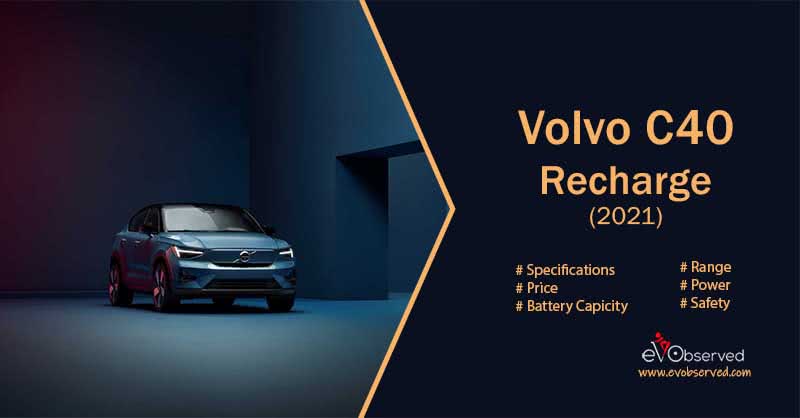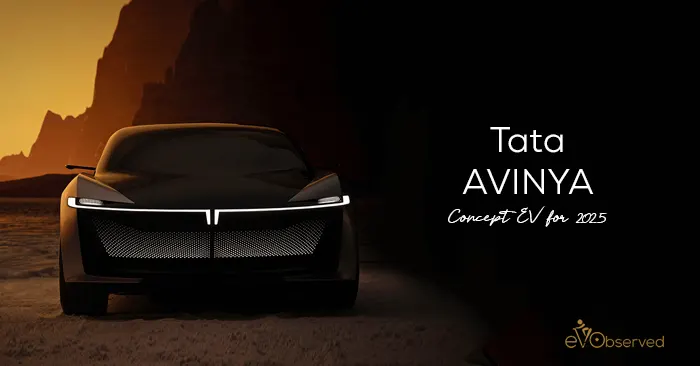The advent of electric cars has brought forth a cleaner and more sustainable mode of transportation. Many people wonder about the origins of electric vehicles and when the first electric car was actually invented. In this article, we will delve into the history of electric cars, exploring their early development and pinpointing the creation of the first electric automobile.
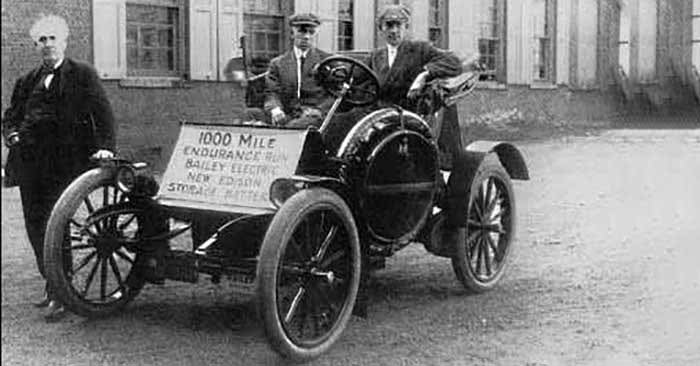
☛ What You will Read here
Early Electric Transportation
Electric vehicles have a longer history than commonly believed, with their roots stretching back to the early 19th century. Inventors during this time began experimenting with electric propulsion systems, although these initial attempts were limited to small-scale models and lacked the necessary technology to create a practical electric car.
Thomas Davenport and the Birth of the Modern Electric Car
The credit for the birth of the modern electric car goes to Thomas Davenport, an American blacksmith and inventor. In 1834, Davenport designed and built the first practical electric vehicle. This small locomotive was powered by an electric motor, signifying a significant milestone in the development of electric transportation.
Must read: Safety Norms for working on High Voltage Electric Vehicles
The Flocken Elektrowagen
While Thomas Davenport’s invention a the groundwork, it was not until the late 19th century that the first roadworthy electric car emerged. In 1888, Andreas Flocken, a German inventor, constructed the Flocken Elektrowagen, which was specifically designed for personal transportation. With a top speed of 9 miles per hour and a range of approximately 37 miles, it represented a notable achievement in the field.
The Electric Vehicle Boom
The late 19th and early 20th centuries witnessed a surge of interest in electric vehicles. These cars gained popularity among affluent urban dwellers who appreciated their quiet operation and ease of use. Several companies, such as Baker Electric, Detroit Electric, and Columbia Electric, emerged during this period, manufacturing electric vehicles in significant numbers.
The Rise of Internal Combustion Engines
Despite the initial success of electric cars, the early 20th century saw the ascendancy of internal combustion engines, leading to a decline in the popularity of electric vehicles. Gasoline-powered cars offered longer range and faster speeds, and the discovery of abundant oil reserves further solidified their dominance in the automotive industry.
Also Check: History of Electric Vehicles : From where it all Started?
Conclusion
The invention of the first electric car dates back to the early 19th century, but it was not until the late 19th century that roadworthy electric vehicles designed for personal transportation were realized. Thomas Davenport’s creation marked a pivotal moment in the development of electric cars, while Andreas Flocken’s Flocken Elektrowagen represented the first practical electric car for personal use. Despite facing competition from internal combustion engines, electric vehicles have experienced a resurgence in recent years due to advancements in technology and growing environmental awareness. Today, electric cars play a crucial role in reducing greenhouse gas emissions and establishing a more sustainable transportation system.

